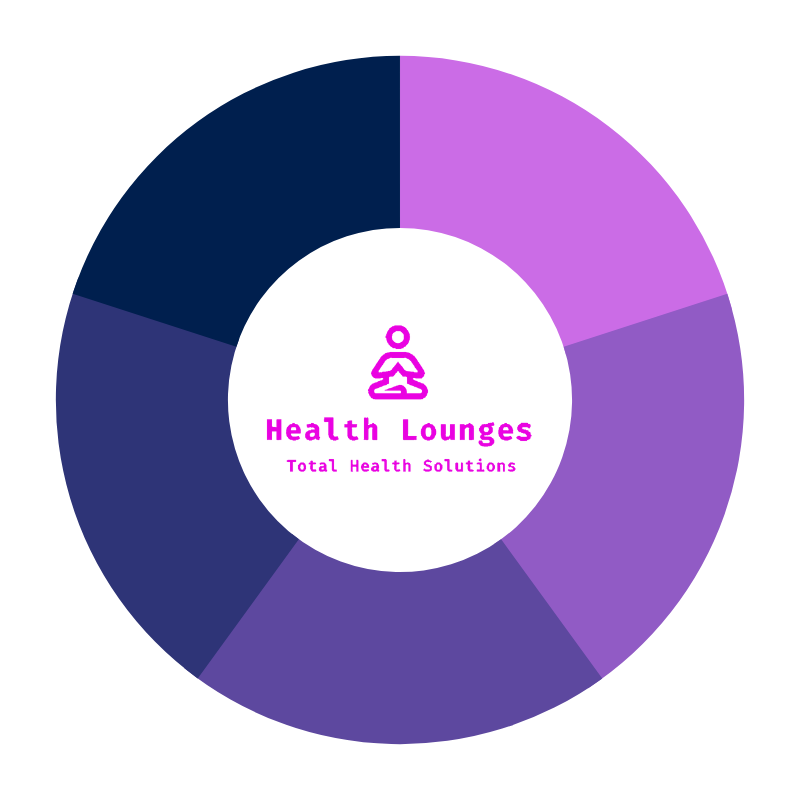Nutrition for Mental Health
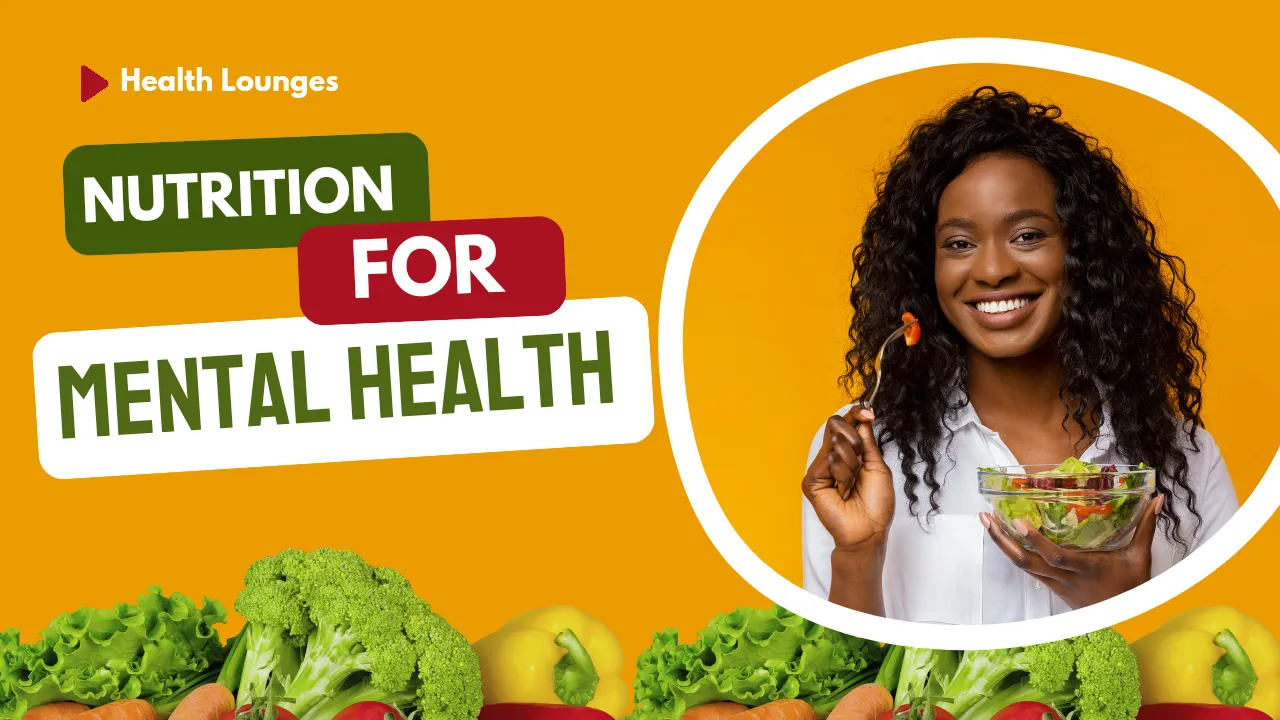
The Truth About "Mood Boosting" Foods
Have you ever seen those listicles that tell you what to eat for better mental health?
(Of course, you have.)
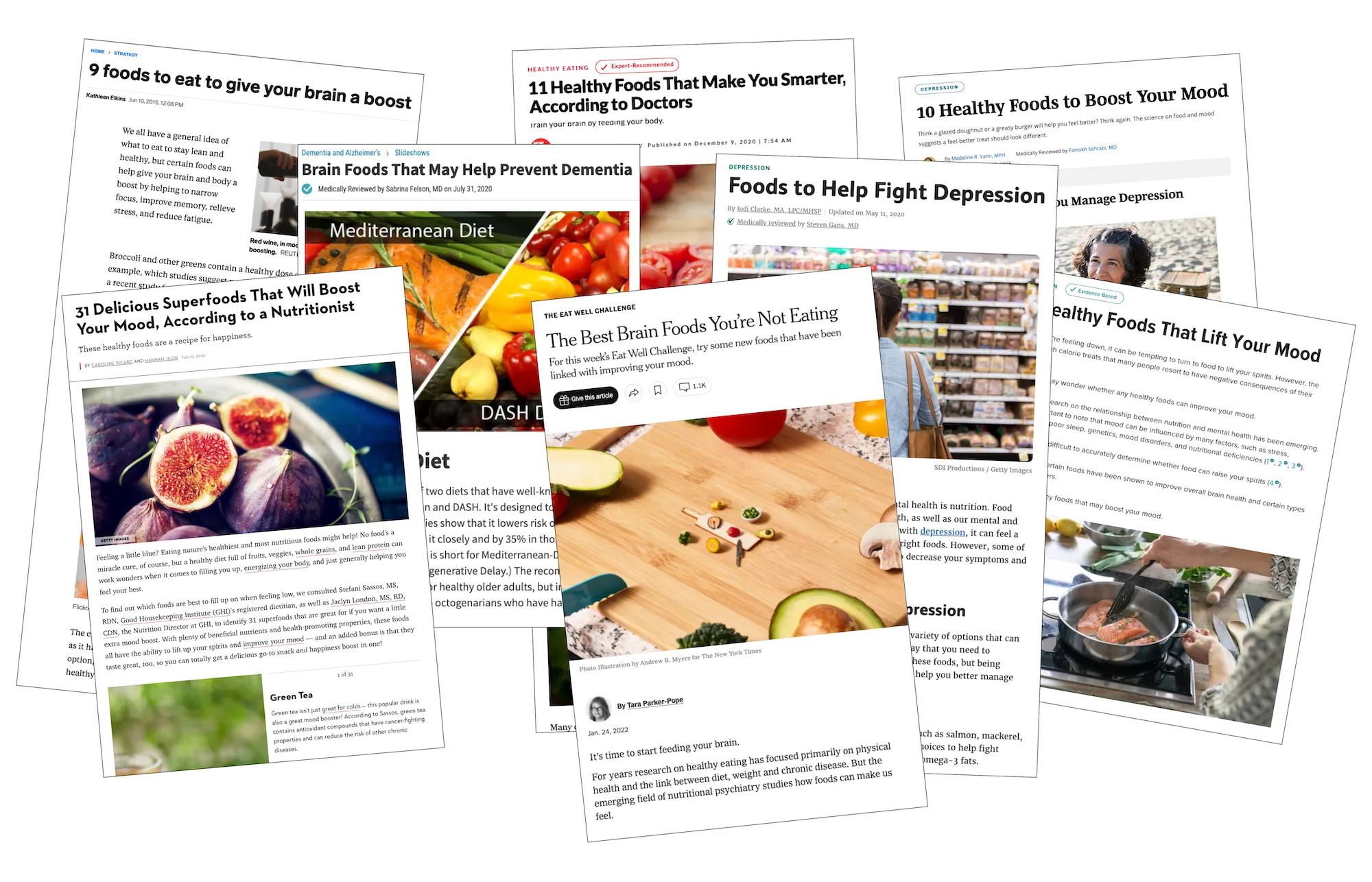
They cite studies linking certain foods or nutrients to lower rates of depression, better memory, or improved cognitive processing.
Ultimately, though, the take-home message always comes down to this: Eat fruits and vegetables! (And whole foods, in general.)
Because here's the reality: The same dietary pattern that's good for your physical health is also good for your mental and emotional health.
So there aren't any "secret" foods.
But there are ways food can improve your mental health.
The first step is to start from wherever you are right now and eat "a little better."
Most people have plenty of room for improvement.
Case in point: The average Indian doesn't even eat two servings of daily vegetables; many eat less than one serving of fruit.
So try to add an extra serving of fruit or vegetables to your daily diet. Based on the data above, a small change would be a 30 percent increase in produce intake.
That's real progress!
Once you follow through for a couple of weeks, build on your success by adding another serving of fruits and vegetables—even if it's just one or two days to start.
This same approach can work with your overall diet.
For instance, if about half of what you eat daily is from whole foods, it'd be a giant leap to get to an 80-90 percent whole-foods diet overnight.
No need for that, though. Again, start from where you are.

(BTW, you could likely accomplish this by adding that one daily serving of produce we discussed.)
You get the point.
We call this "progress, not perfection." And based on our work with over 10000 clients, we can confidently say: It works.
People are often amazed at how the tiniest actions, done consistently, result in transformational progress over time. (But you'll never know if you don't give it a shot.)
That said when it comes to eating for better mental health…
It's not just about what you put in your mouth.
Where you eat, how you eat, and who you eat with can affect your mental well-being as powerfully as what's on your plate.
For instance, you can reduce anxiety with a leisurely eating pace.
- Breathe deeply before digging in
- Slow down and savor what you're eating
- Eat in a calm, uplifting environment
- Reduce distractions that trigger anger, anxiety, sadness, and tension
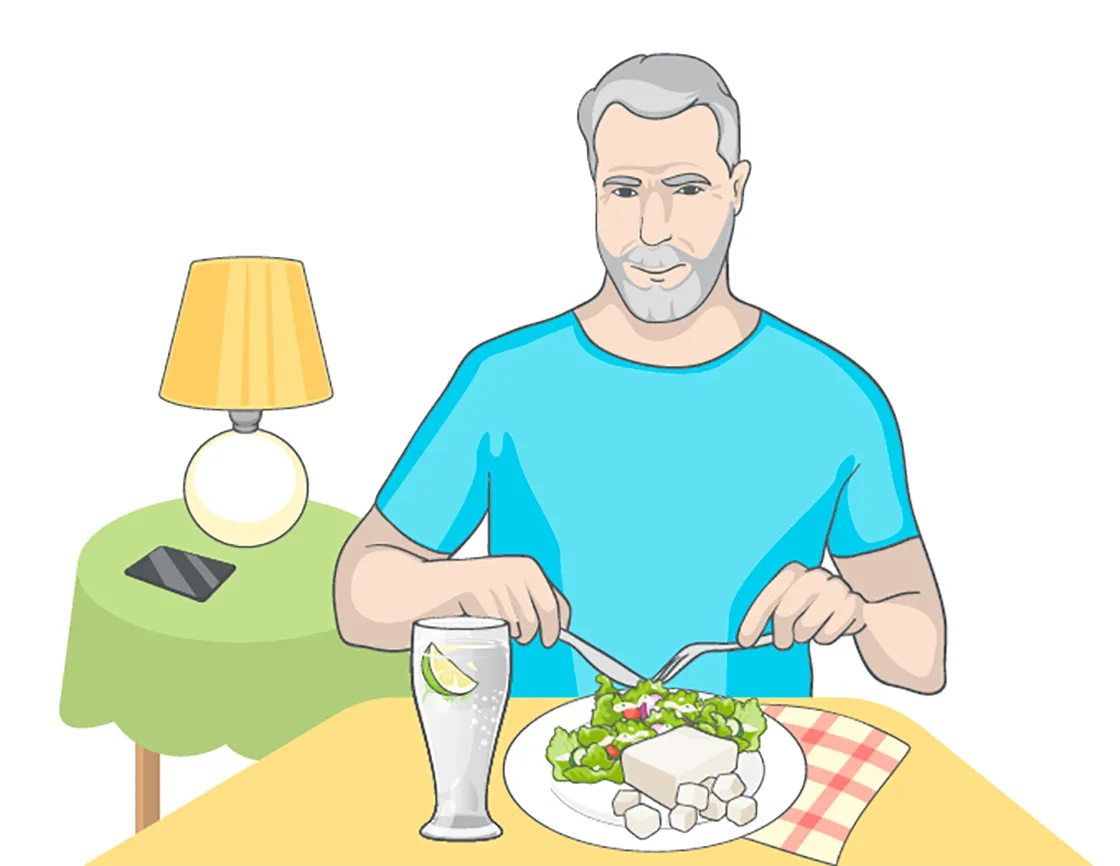
Moreover, you can improve your mood and manage emotions by connecting with others around food.
- Dine with humans who help you laugh, relax, and feel loved
- Consider sharing meals with others (try cooking for a friend)
- Connect with your culture by exploring your family's recipes and heritage cuisine
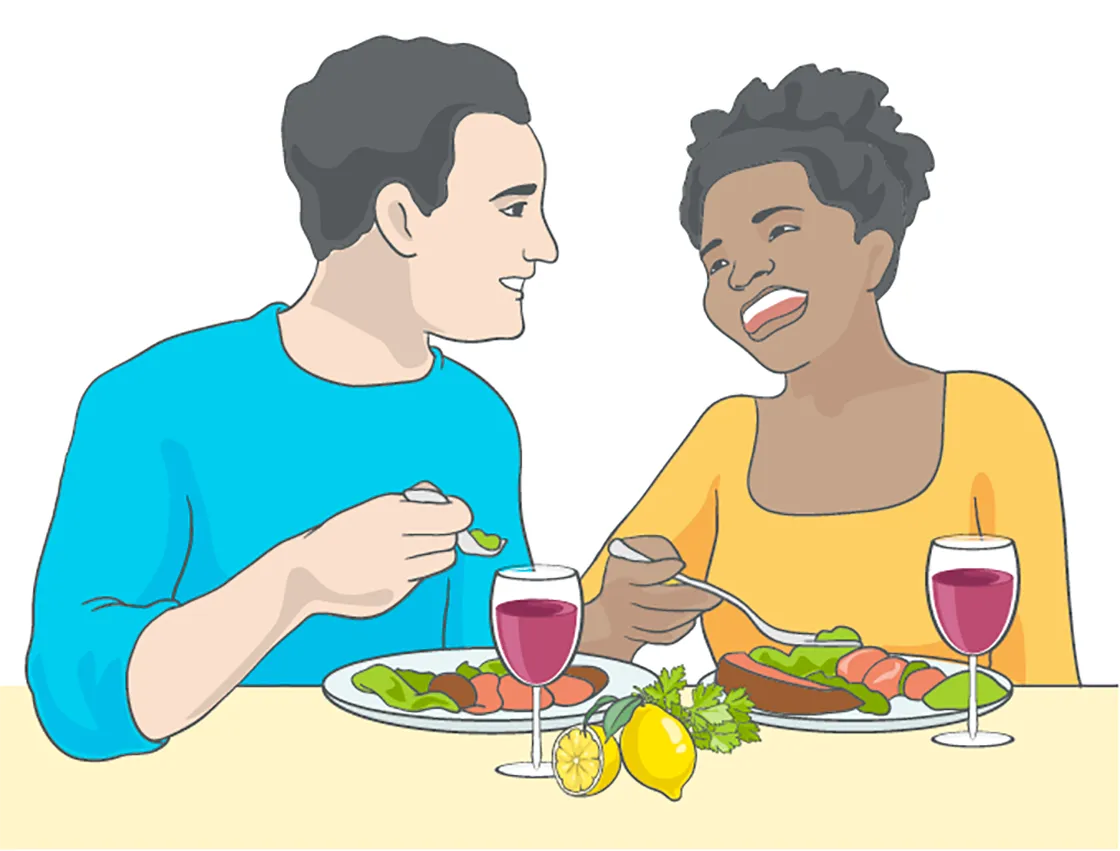
By expanding your view of what eating for mental health is, you'll see many ways, food can help you feel and think better.
And if you want to learn next-level strategies for helping yourself improve every aspect of your health and well-being—physical, mental, emotional—now's your opportunity. Consider our Diet Planning and Lifestyle Program.
Until next time,
Dt. Mohit Mittal
(BFND, B.TECH, DDHN, NSQF-4, YCB-3, SSY-1, PT- REPS INDIA)
